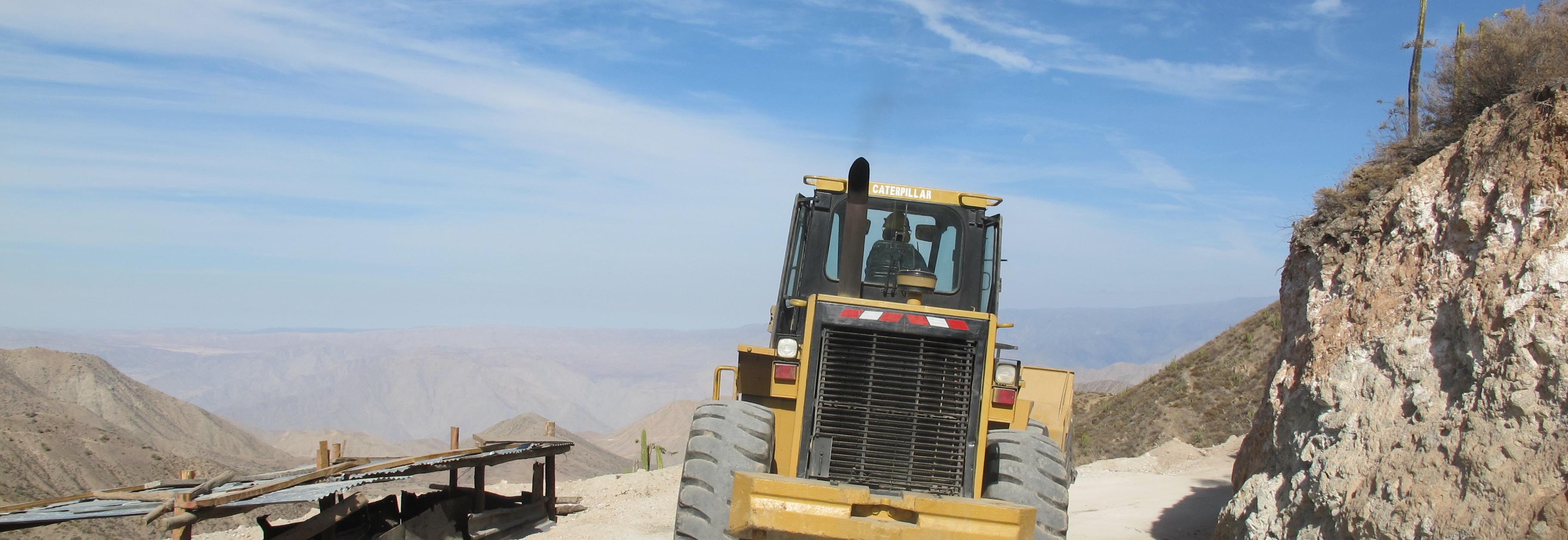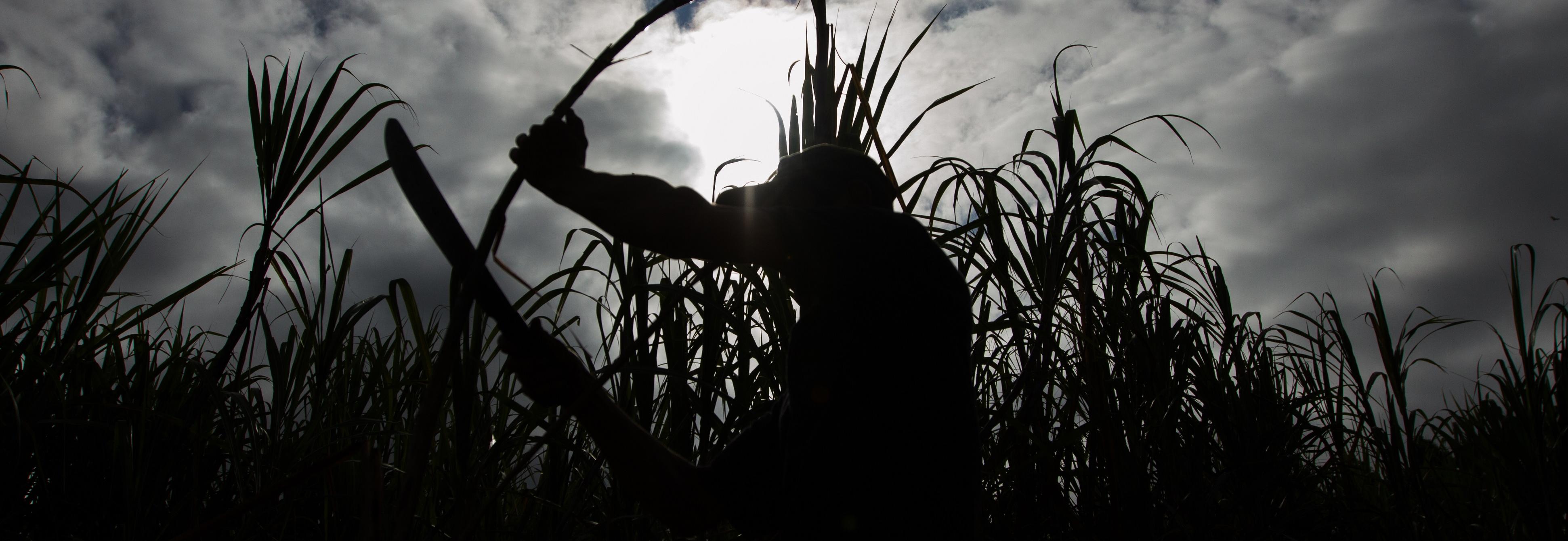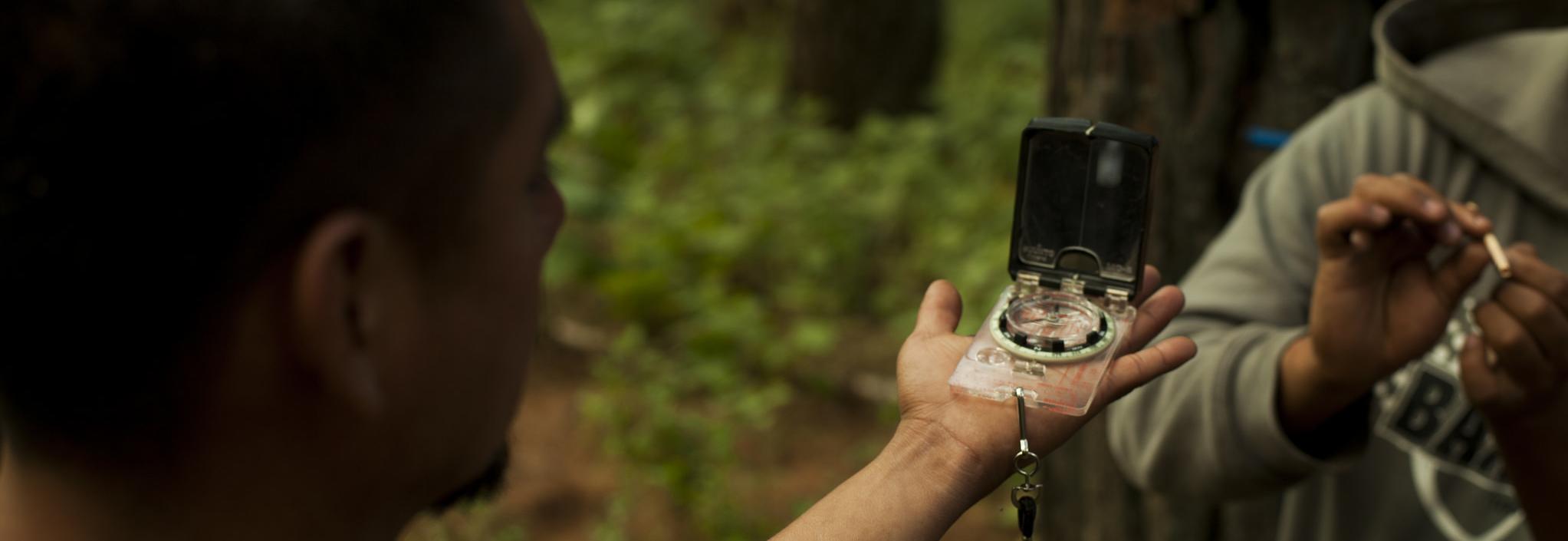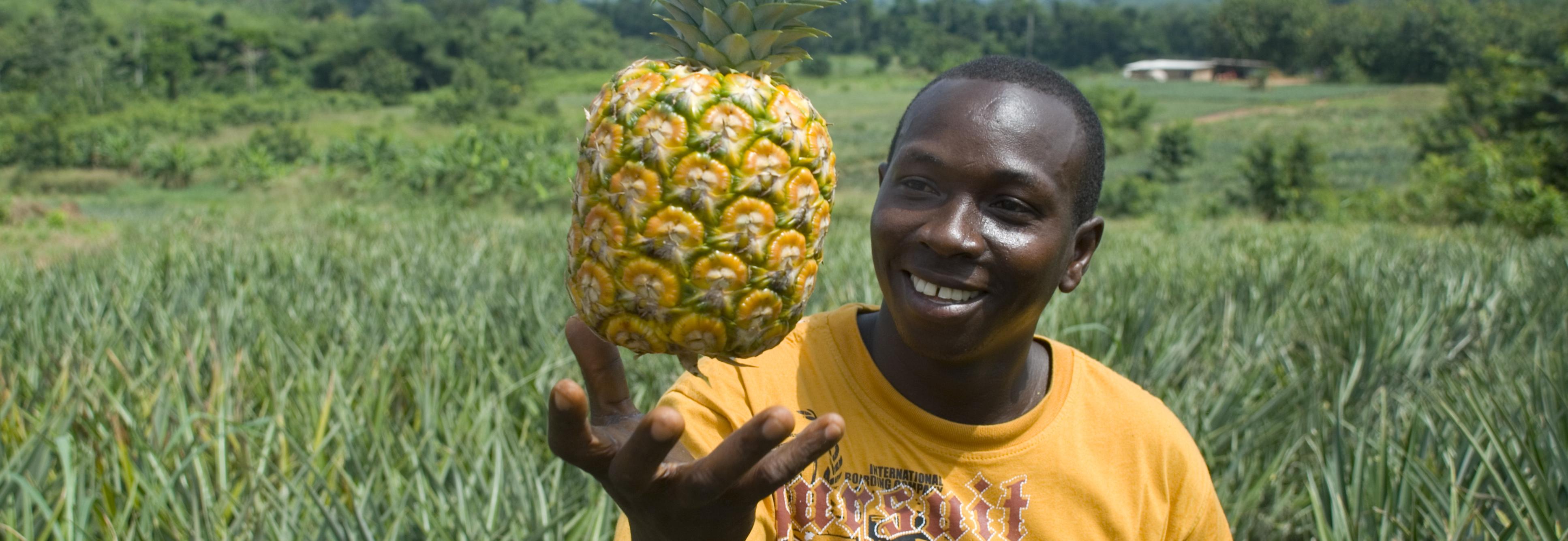Public and private sector stakeholders are increasingly looking to voluntary standards as one of the key tools to deliver their sustainability goals.
While voluntary standards are clearly demonstrating their contribution to livelihoods, decent work and preservation of the environment, there is renewed focus on the extent to which these tools can protect and promote core human rights in sectors where they operate.
Although not all voluntary standards have an explicit focus on addressing human rights, many operate in sectors and countries where there are legitimate concerns around human rights violations.
How is FPIC put into practice?
Recognising this, many standards recommend or require their members to adopt free, prior and informed consent (FPIC) policies. But how is FPIC operationalised by standards in practice? How can standards be better enablers of FPIC processes and provide assurance for this?
These questions are the subject of our new research report ‘Voluntary Standards and FPIC: insights for implementation’, in partnership with GIZ.
The report is based on a systematic literature review of voluntary standards and FPIC, conducted by the Evidensia platform and researched and authored by independent research expert Dr Emma Wilson.
The report provides food for thought and action on how standards can go further to get FPIC right in their work with businesses and indigenous communities, especially in the mining and minerals sector. The report recognises that voluntary standards have played a key role in establishing FPIC as the norm in many sectors. FPIC is now seen as an integral process through which companies can engage with indigenous peoples and other resource-dependent communities, to preserve their rights and mitigate risks from business practices and actions.
Despite widespread recognition of its significance, research shows that FPIC is challenging to get right in practice. These challenges stem from incomplete and varied interpretations of what constitutes FPIC; divergence between community expectations, national legislation and industry norms; power imbalances between stakeholders; and a lack of practical insight into how FPIC can be best put into practice.
Enabling FPIC implementation
This report sets out the role of voluntary sustainability standards in enabling effective FPIC implementation as five key functions:
- Enhancing legal compliance
- Supporting governance risk management
- Building awareness, knowledge and capacities
- Ensuring fairness and accountability
- Stimulating wider sectoral and governance reform
The report also makes detailed recommendations to standards’ implementers such as:
- Including indigenous peoples in the governance and monitoring of voluntary standards (e.g. through an indigenous peoples’ advisory forum, and support for independent monitoring and research).
- Requiring companies to have a due diligence plan for assessing the FPIC governance gap and to proactively engage with governments on indigenous rights and FPIC.
- Reviewing and updating the standards system to support FPIC, with an appropriate mission statement, a mandatory FPIC requirement, context-specific FPIC guidance, an effective complaints mechanism and reliable evaluation frameworks.
- Building skills, capacities, knowledge and awareness internally, among auditors and stakeholders, and within affected communities.
- Tackling complex issues such as recognising high-risk countries in standards’ compliance frameworks and evaluating the FPIC-compatibility of company-community agreements.
While these are useful recommendations, practical experience by schemes already trying to implement them suggests that it takes years of concerted action to translate good intentions around FPIC into clear actions on the ground.
FPIC should be more than an objective
Discussing this report in a recent webinar, Lisa Sumi, Director of Standards and Assurance at IRMA (Initiative for Responsible Mining Assurance) spoke about how it took them close to a decade to set in motion an inclusive governance structure that prioritised indigenous voices in their structures and processes.
Sumi also stressed how this equitable decision-making process is precisely why IRMA’s position is for FPIC not just to be an objective but an obligation and mandatory requirement.
Supporting the recommendations in the report, Soledad Mills presented Equitable Origin’s work in partnership with RSB (Roundtable on Sustainable Biomaterials) and COICA (Coordinator of Indigenous Organizations of the Amazon River Basin), on developing an FPIC 360 toolkit.
Developed in close consultation and piloted with indigenous groups, the toolkit provides good practice examples, implementation guidance and evidence and documentation examples for all key steps of the FPIC process. The project is funded by the ISEAL Innovations Fund and the toolkit is expected to be ready and published by August 2021.
This summer, a site of immeasurable archaeological, cultural and spiritual value to the indigenous Puutu Kunti Kurrama and Pinikura (PKKP) people was blown up at Juukan Gorge in western Australia as part of Rio Tinto’s iron ore mining explorations. Despite being seen as a sustainability leader in the sector, it is clear that there were several lapses in process, governance and accountability by the company that led to the event.
Although it is now taking corrective action, Juukan Gorge is a reminder of why it is critical for all stakeholders to take time to think and work through inclusive development processes and not take FPIC for granted.
Standards have a powerful role to play in enabling such inclusive development processes on the ground.



